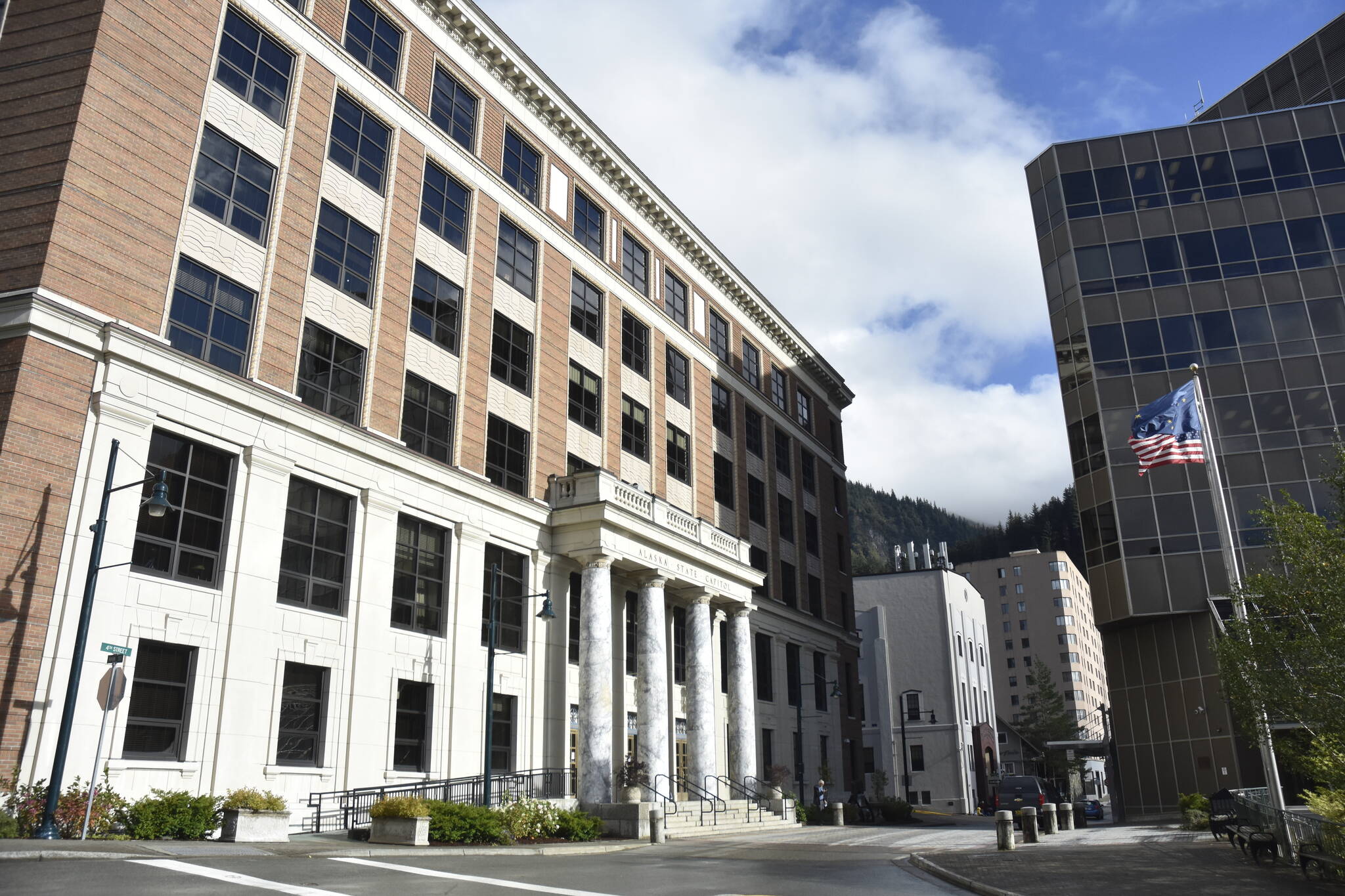By James B. Gottstein
While not perfect, HB172 passed by the Legislature on May 17 has the possibility of dramatically improving the lives of people who are now being hauled to the hospital in handcuffs by police, psychiatrically imprisoned (euphemistically called involuntary commitment), and psychiatrically drugged against their will.
In 2018, the Alaska Psychiatric Institute had been so seriously mismanaged it was threatened with the loss of its accreditation and reduced its capacity from 80 to the mid-20s to retain its accreditation. People against whom the courts had ordered psychiatric evaluations were being illegally held for long periods of time in jails and emergency rooms. The Disability Law Center and Alaska Public Defender Agency sued. They won in 2019, which in 2020 resulted in a final judgment (order) negotiated by the parties. HB172 was enacted to implement parts of the Settlement. A major part of the Settlement is the State agreed to try to establish what is called the Crisis Now approach.
The Crisis Now approach, championed by the Alaska Mental Health Trust Authority, is designed as an alternative to calling the police on disturbing people thought to be mentally ill. It has a 24/7 call-center expected to resolve 90 out of a 100 calls on the phone, a mobile crisis team expected to resolve seven of the ten out of 100 calls not resolved over the phone, with only three of the hundred taken to a short term crisis stabilization or residential center. These crisis centers are designed to be more humane than psychiatric wards.
HB172 allows the mobile crisis teams and crisis centers to go to court to force people into the crisis centers. During testimony on HB172, it was stated forcing people into the crisis centers will be the last resort, but the legislation does not say that. Opponents of HB172 do not like the expansion of mechanisms to lock people up for allegedly being mentally ill, which is a legitimate concern, but having people in altered states go to presumably more humane places than now is a huge improvement. However, if it isn’t voluntary it isn’t treatment.
Under HB172, the trust and Department of Health are directed to report to the Legislature within one year on patient rights, including the adequacy of patient grievance and appeal procedures; patient injuries and trauma experienced from hospitalization; and improving patient outcomes. The first two are the result of the advocacy of Faith Myers, a frequent contributor to these pages, who for 10 years has been pressing for a legitimate grievance process, and to reduce patient injuries and trauma.
The third topic for the report, improving patient outcomes, was included at my suggestion. Psychiatric imprisonment and forced drugging are harmful and counterproductive. For example, being psychiatrically imprisoned doubles suicides. In addition, the current system’s ubiquitous use of psychiatric drugs is causing horrendous patient outcomes. If people are helped with what they are going through without the neuroleptics, deceptively marketed as “antipsychotics,” up to 80% will recover. In contrast, our current psychiatric drugs for everyone forever of course approach results in a 5% recovery rate. People who have been on the neuroleptics and get off them have a 40% recovery rate. While this is eight times better than staying on them, it is half the recovery rate if they were not used in the first place. This demonstrates the importance of avoiding the neuroleptics if at all possible. Shouldn’t we be giving Alaskans the best possible chance for recovery?
In addition, mostly as a result of psychiatric drugs, people diagnosed with serious mental illness in the public mental health system have their life spans reduced by 20-25 years on average. How can this be acceptable?
There are proven approaches that do not rely on force, such as open dialogue, Soteria Houses, Peer Respites, Healing Homes, and the Hearing Voices Network. Shouldn’t Alaskans have these options?
The report required in HB172 can be the springboard to a humane system with an 80% recovery rate. To do so, the state and trust must fairly review the evidence, recognize the importance of hearing what patients have to say, including through a legitimate grievance process, and address hospitalization caused injuries and trauma.
• James B. Gottstein, author of The Zyprexa Papers, is a mostly retired lawyer from Anchorage who in 1982 spent a month in API, where he was told he would never practice law again. He went on to found the Law Project for Psychiatric Rights, winning five Alaska Supreme Court cases establishing rights for Alaska’s psychiatric patients.

